T4K3.news
Pilot detained after Antarctica landing
A US pilot remains at a Chilean base after a case over Antarctica landing was suspended, with a donation and travel ban in place.
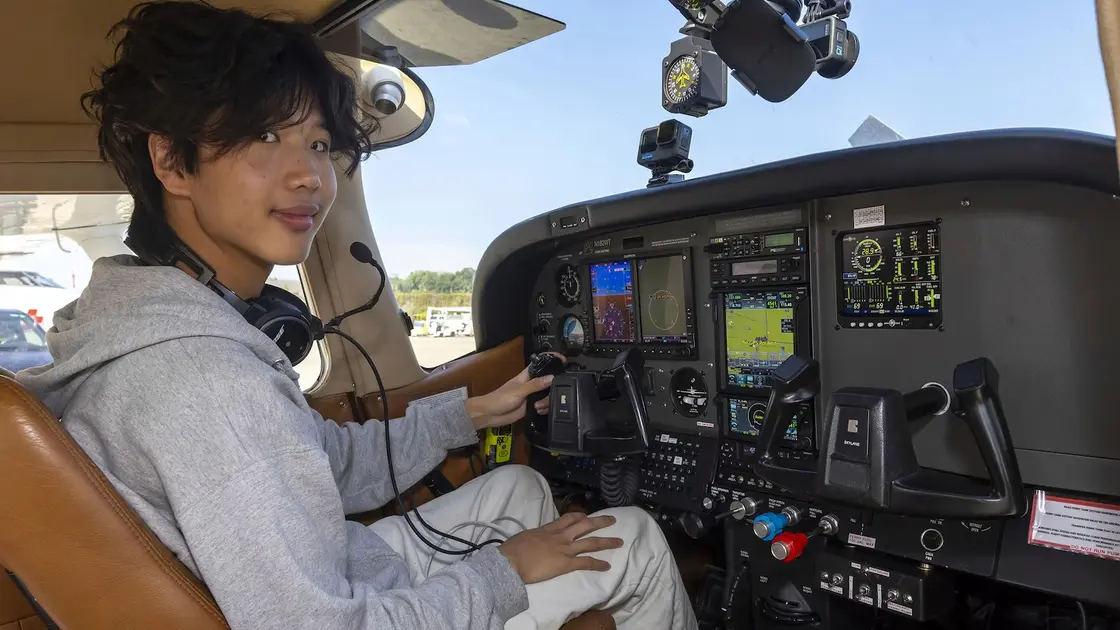
An American pilot arrested for landing at a Chilean base in Antarctica says he cannot leave the site even after prosecutors suspended the case.
Pilot remains detained after landing in Chilean Antarctica case suspended
An American pilot, Ethan Guo, landed on a remote site off the coast of Antarctica while attempting a world record solo flight to all seven continents. Chilean authorities say he violated international regulations by landing without a permit and providing false flight information. Guo has been held at a Chilean military base for more than 40 days, and this week a Chilean court suspended the case. As part of the settlement, Guo must donate $30,000 to a local charity and is barred from re-entering Chile for three years. Guo contends he had explicit permission to land and maintains the aircraft is airworthy and properly insured. He says the reasons offered for keeping him from leaving—poor weather, fuel or skill gaps—are false. His attorney adds that the suspension should clear him, yet Guo remains on base until further notice.
The incident arose after Guo diverted during a flight from Chile toward Ushuaia, Argentina, citing radio transmission loss and engine trouble. He describes a harsh personal toll, saying he has lost weight and feels like a “prisoner” on the base. He hopes to continue his fundraising journey for childhood cancer research, a mission he began at age 19. Chilean officials say the case involved potential violations of protocol for activity in Antarctica, a region governed by multiple countries and international rules aimed at protecting the continent. Guo’s supporters point to his stated permit and the charitable aim, while critics question safety and adherence to authority in such a sensitive zone.
Key Takeaways
"I have all the paperwork. I have insurance that even covers Antarctica."
Guo asserting compliance with requirements.
"All four of those statements are objectively false."
Guo denying authorities' explanations for leaving restrictions.
"Leaving by boat is not a real option."
Guo describing travel alternatives to leave the base.
"I want to continue to fight against cancer and continue the mission."
Guo reiterating his fundraising goal.
This case sits at the intersection of ambition, safety and national sovereignty in one of the world’s most regulated frontiers. Antartica operations are tightly controlled, and a landing without clear authorization can trigger legal and diplomatic friction. The delayed resolution—charges dropped in exchange for a donation and a three-year travel ban—suggests a path to closure that favors a financial settlement over a full exoneration. The discrepancy between Guo’s claims of permission and the authorities’ version highlights the risk of miscommunication in remote airspace where even minor missteps can quickly escalate into legal scrapes. The story also tests public appetite for the use of polar travel for fundraising and whether young explorers should be shielded from bureaucratic complexity or held to stricter standards.
Beyond the legalities, the personal cost is clear. Guo calls the base home for the moment, while the fundraising goal remains tied to his ability to fly again. The episode could influence how future polar ventures are planned, permitted, and monitored, especially when the traveler is a hopeful record seeker who blends exploration with charity. Regulators face the challenge of balancing safety with opportunity, and the public watches how authorities handle such high-stakes journeys in a region where political lines can blur with scientific cooperation.
Highlights
- I have all the paperwork and insurance that covers Antarctica
- Leaving by boat is not a real option
- All four of those statements are objectively false
- I want to continue to fight against cancer and continue the mission
Geopolitical sensitivity around Antarctica access
The incident touches on territorial governance and international regulations for Antarctica, raising questions about sovereignty, safety standards, and how nations manage access to a highly regulated polar region. The prolonged detention and travel restrictions could provoke diplomatic sensitivities or public backlash if not handled with transparency.
The outcome may influence how polar travel is regulated and communicated in the future.
Enjoyed this? Let your friends know!
Related News
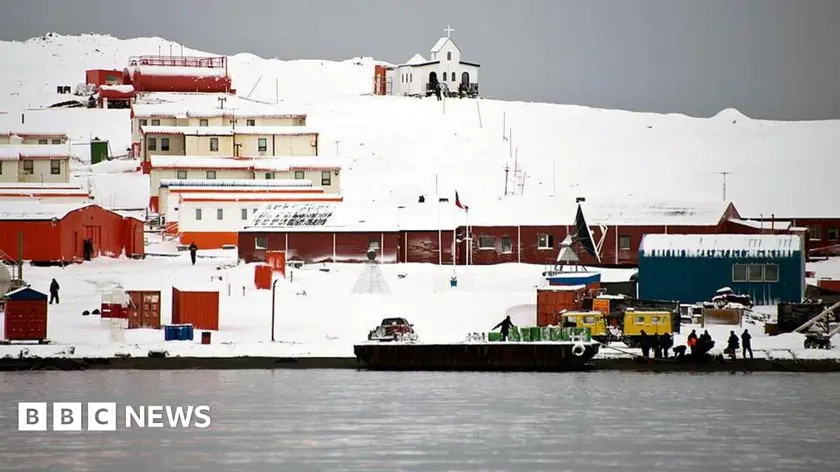
Charges dropped in Antarctic landing case
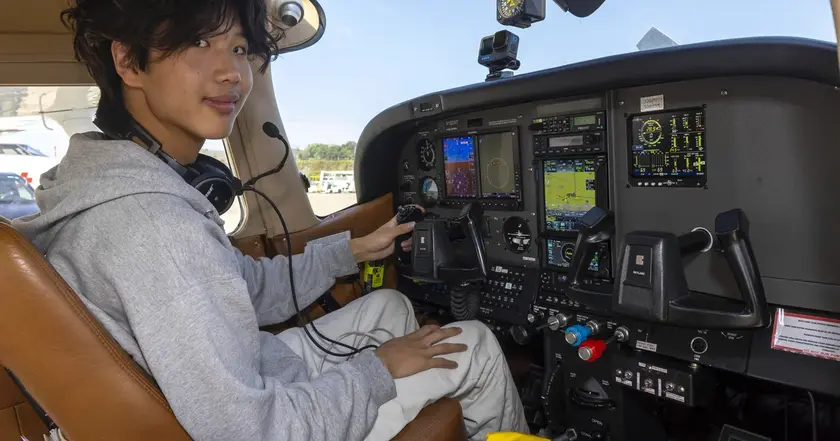
Teen influencer stranded in Antarctica after unauthorized landing
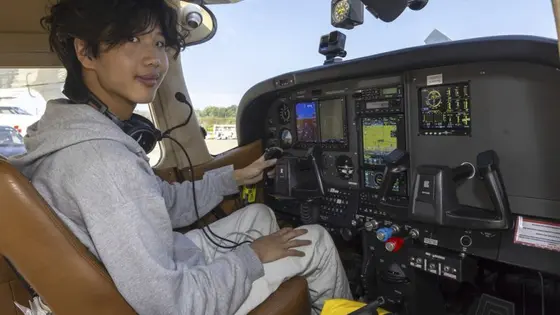
Antarctic landing case settles in Chile
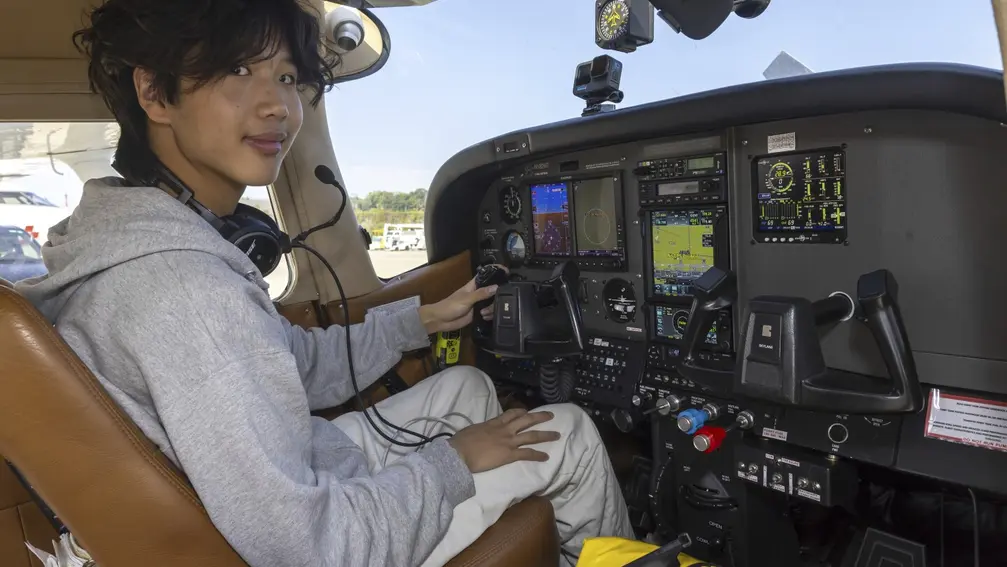
Influencer Guo case update
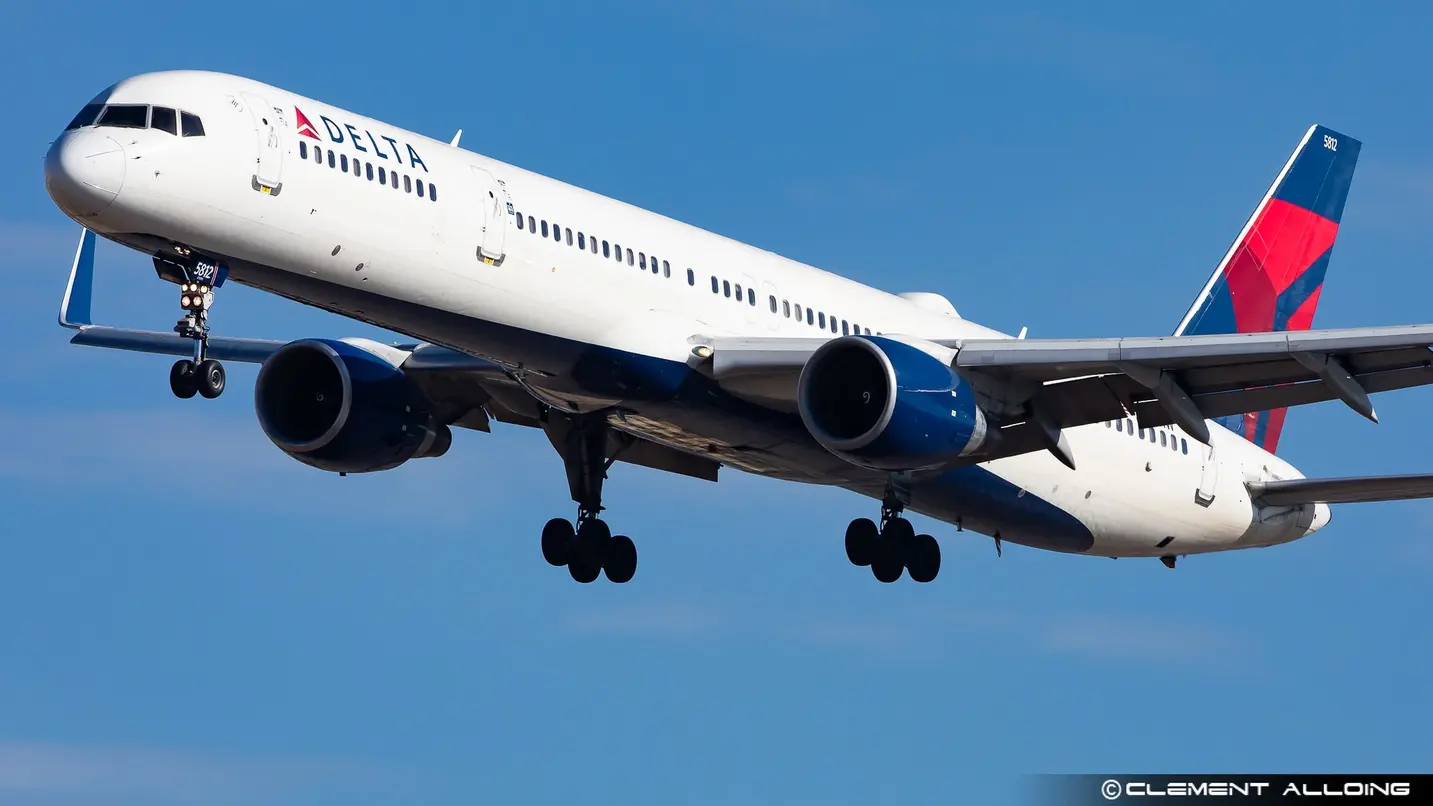
Delta pilot arrested at San Francisco airport
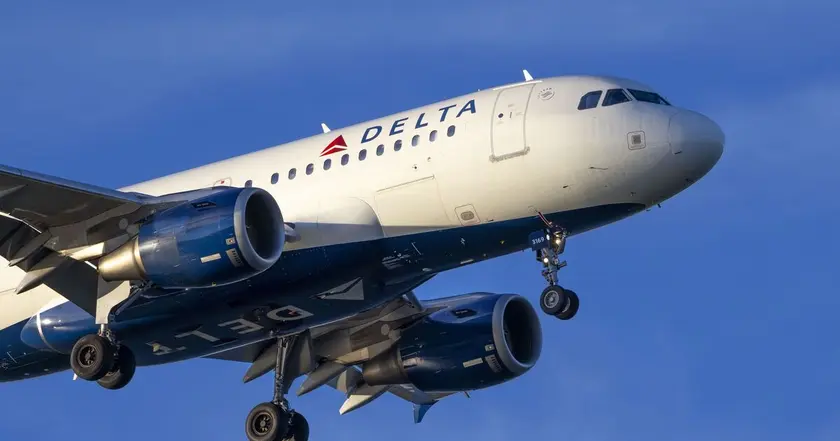
Delta pilot arrested after landing flight in San Francisco
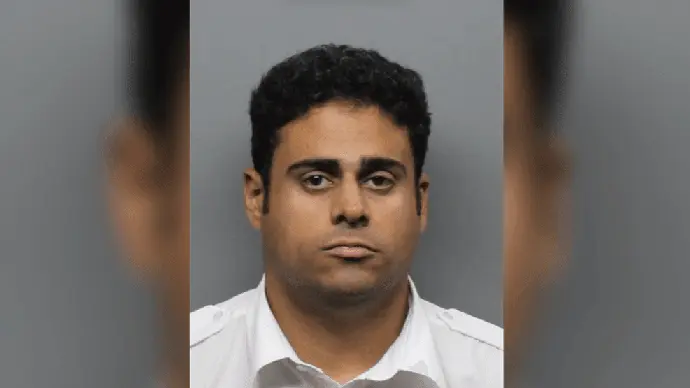
Delta co-pilot arrested for child sexual assault in California
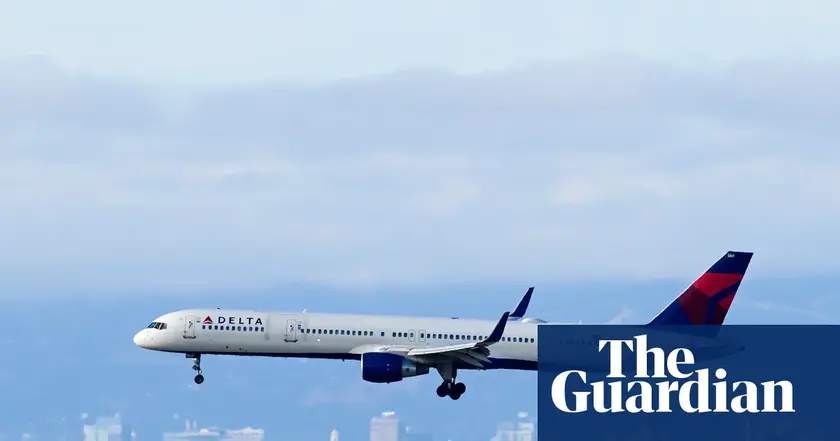
Delta co-pilot arrested on charges of possessing child sexual abuse materials
